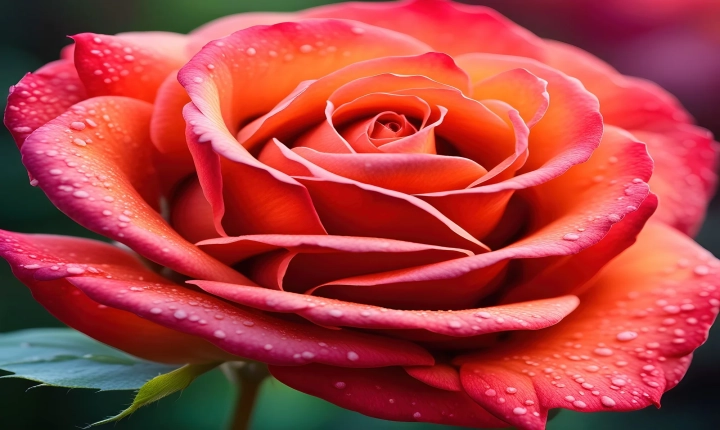Title: Demystifying the Art of Drawing with AI: A Step-by-Step Guide
The advent of artificial intelligence (AI) has revolutionized many industries, including the world of art and creativity. With the integration of AI technology, drawing has been made more accessible and intuitive than ever before. Whether you’re a beginner looking to improve your drawing skills or an experienced artist curious about the potential of AI, this step-by-step guide will help you unlock the possibilities of drawing with AI.
Step 1: Choose the Right Tool
The first step is to choose an AI-powered drawing tool that suits your needs. There are various options available, ranging from simple sketching apps to advanced AI platforms specifically designed for artists. Look for features such as natural brush simulation, image recognition, and style transfer capabilities to enhance your drawing experience.
Step 2: Familiarize Yourself with AI Drawing Techniques
Before diving into the actual drawing process, take some time to explore the unique techniques and capabilities that AI brings to the table. For example, some AI tools can analyze and interpret hand-drawn sketches, providing real-time feedback and suggestions to improve your artwork. Others can generate highly detailed and realistic images based on your input, allowing for endless creative possibilities.
Step 3: Experiment with Style Transfer
One of the most exciting aspects of drawing with AI is the ability to experiment with style transfer. This technique allows you to apply the characteristics of a particular art style or artist to your own drawings, creating visually stunning and unique compositions. By leveraging AI algorithms, you can seamlessly blend different artistic styles and produce truly original artwork.
Step 4: Utilize Image Recognition and Interpretation
AI-powered drawing tools often come equipped with advanced image recognition and interpretation features. This means that you can upload reference images or photographs and let the AI assist you in translating them into your own artistic creations. Whether you’re drawing portraits, landscapes, or abstract art, AI can provide invaluable support in capturing the essence of the subject matter.
Step 5: Embrace Collaboration with AI
Drawing with AI doesn’t have to be a solitary endeavor. Many AI tools enable collaboration between human artists and AI systems, allowing for a dynamic and interactive creative process. Whether you’re seeking inspiration, engaging in co-creative ventures, or receiving real-time assistance, collaborating with AI can push the boundaries of your artistic expression.
Step 6: Learn from AI-Generated Art
As you explore the world of AI-driven drawing, take the opportunity to study and learn from the artwork generated by AI systems. By analyzing the output of AI algorithms, you can gain insights into new artistic techniques, styles, and approaches that may inspire and inform your own creative journey.
Step 7: Combine Traditional and AI Drawing Methods
While AI offers innovative and powerful drawing capabilities, it’s important to remember that traditional drawing methods are equally valuable. Consider integrating AI technology as a complementary tool in your artistic practice, allowing it to enhance and augment your traditional drawing skills rather than replace them entirely.
In conclusion, drawing with AI has the potential to revolutionize the way we approach art and creativity. By leveraging AI-powered drawing tools, artists can unlock new levels of imagination, experimentation, and collaboration. Whether you’re a novice or a seasoned artist, incorporating AI into your drawing process can open doors to endless possibilities and expand your creative horizons. Embrace the fusion of art and technology, and let AI elevate your drawing experience to new heights.
